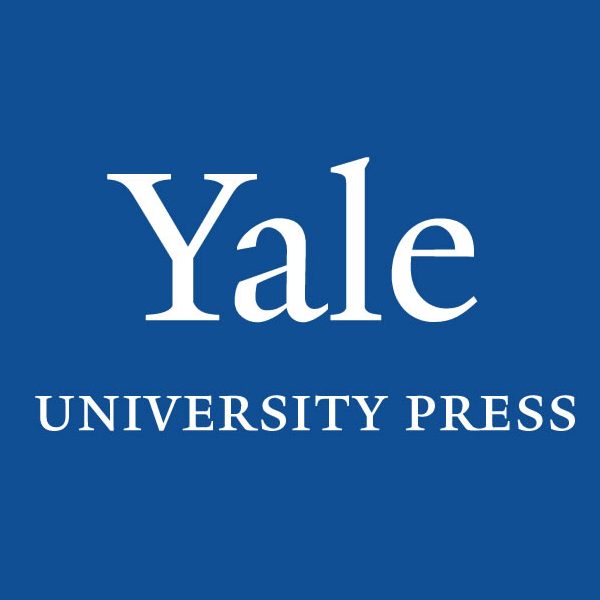Editor Phoebe Clapham on Political Economy Books

YUP Editor Phoebe Clapham
Phoebe Clapham—
As I discovered on becoming the politics and economics editor at Yale University Press’s London office, ‘political economy’ is a phrase that means very different things to different people. Before the twentieth century it was generally used where now we say ‘economic policy’, to describe how a state ordered its trading, industrial and fiscal affairs. These days it can cover anything from the theoretical lens of a specific post-Marxist methodology to a broad analysis of the interface between politics and economics.
Economics as a discipline has been the brunt of much criticism since the financial crash of 2008 and the subsequent downturn in the West. In the United Kingdom in particular (interestingly, American universities tend to have a broader approach), many economics departments are staffed by highly specialised mathematical modellers focusing on topics such as the equilibriums of specific markets or non-linear time-series analysis. While enormously valuable in its own realm, such research cannot easily be drawn on for answers to the big questions of the day: how should governments respond to recession? to what extent did incautious banking policies cause the financial crisis? how does offshoring affect employment opportunities? does cutting tax rates for top earners help people lower down the tree?
[slideshow]
At Yale our focus has always been on economics in its wider context. Back in the day when anti-globalization protests were all the rage, Martin Wolf, chief economics commentator of the Financial Times, scored an international success with Why Globalization Works (2003), which explained for doubters why international trade and competition really is a good thing. More recently, Thaler and Sunstein’s Nudge (2008) caught the public imagination with its inspired ideas for how to design situations such that people are encouraged – but not forced – to make the best decisions for themselves.
 Crises always sell books, and David Marsh’s The Euro: The Battle for the New Global Currency, first published in 2009, has been extensively revised and continues to sell briskly as Europe is gripped by fear and uncertainty. In what I think must be a first for Yale, we’ve just published a book by David’s identical twin brother, Peter Marsh: The New Industrial Revolution, a considerably more upbeat tome that looks at the meteoric rise of high-end manufacturing, an exciting trend that may reverse the seemingly inevitable decline of Western industry. Dieter Helm’s imminent The Carbon Crunch, though focused on the ever-worrying spectre of climate change, looks at how we can use new technology and resources to preserve the environment without shutting down the grid and moving into mud huts. But doomsters can take comfort: I’ve just received the manuscript from Stephen D. King, head of economics at HSBC, for the cheerily titled When the Money Runs Out: The End of Western Affluence…
Crises always sell books, and David Marsh’s The Euro: The Battle for the New Global Currency, first published in 2009, has been extensively revised and continues to sell briskly as Europe is gripped by fear and uncertainty. In what I think must be a first for Yale, we’ve just published a book by David’s identical twin brother, Peter Marsh: The New Industrial Revolution, a considerably more upbeat tome that looks at the meteoric rise of high-end manufacturing, an exciting trend that may reverse the seemingly inevitable decline of Western industry. Dieter Helm’s imminent The Carbon Crunch, though focused on the ever-worrying spectre of climate change, looks at how we can use new technology and resources to preserve the environment without shutting down the grid and moving into mud huts. But doomsters can take comfort: I’ve just received the manuscript from Stephen D. King, head of economics at HSBC, for the cheerily titled When the Money Runs Out: The End of Western Affluence…
Phoebe Clapham is Politics, Economics and Current Affairs Editor at Yale University Press, London.


